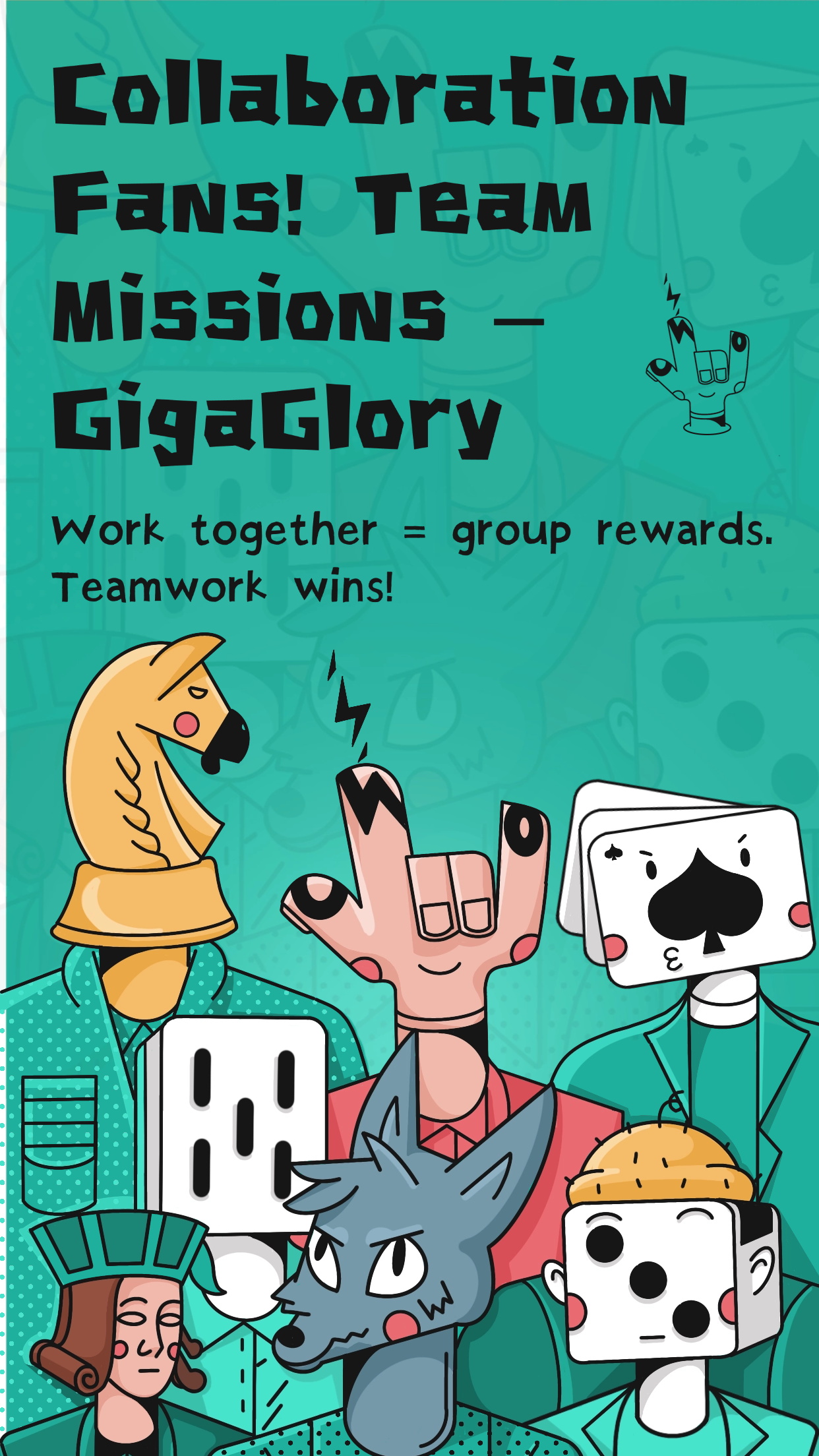How RPG Games Are Shaping the Future of Simulation Games: A Deep Dive into Immersive Experiences
In the realm of gaming, the evolution of RPG games marks a seminal shift toward immersive simulation experiences. These games go beyond mere entertainment; they create worlds where players can lose themselves. This deep dive explores how RPG games are setting the trends for simulation games and reshaping the future of interactive entertainment.
The Rise of RPG Games
RPG games have experienced significant growth in the gaming industry over the last decade. From epic fantasy sagas to modern dystopian settings, RPGs cater to diverse player interests. The intricate storylines, coupled with character development, have created a loyal fanbase. Games like "State of Survival" exemplify this trend, blending survival mechanics with RPG elements to captivate players.
Immersion and Emotional Engagement
One of the defining features of RPG games is their ability to immerse players emotionally. In contrast to traditional simulation games that might focus purely on mechanics, RPGs invite players to invest in characters and narratives. This emotional engagement encourages players to explore deeper storylines, which isn't just about completion but also about the journey. In fact, many gamers cite emotional connection as a reason for their sustained interest.
Innovative Mechanics: What Sets RPGs Apart?
- Character Customization: Players can tailor their avatar’s appearance, skills, and background, enhancing personal attachment.
- Complex Decision-Making: Many RPGs offer choices that significantly affect the game's outcome, encouraging exploration of various pathways.
- World-Building: RPGs often feature expansive, detailed worlds, providing a vast playground for players to explore.
These innovative mechanics make RPGs more than simple games; they form comprehensive, living ecosystems where every choice and action matters.
Simulation Games: The Influence of RPG Elements
As the line between RPG and simulation games blurs, developers are increasingly integrating RPG elements into simulation games. For instance, the game "M.O.M.M.A: Clash of Clans" has incorporated character progression and resource management, reflecting traditional RPG styles while maintaining simulation mechanics.
Here’s a comparison that highlights this convergence:
| Feature | RPG Games | Simulation Games |
|---|---|---|
| Character Development | Strong emphasis | Limited or none |
| Storyline Complexity | Intricate and layered | Minimal |
| World Interaction | Dynamic | Static or formulaic |
The Role of RPG Games in Enhancing User Experience
RPG games introduce a multifaceted approach to user experience in simulation gaming. By prioritizing narrative and player choice, RPGs cater to the modern player's desire for meaningful engagement. For example, games like "State of Survival" allow players to build their own communities, making choices that will ultimately define their strategies against threats.
Players are not simply participants; they become storytellers, experiencing their own unique narratives. This narrative-driven design is pivotal in enhancing replayability, encouraging gamers to return and explore different paths and outcomes.
Trends in Future Game Development
As the gaming industry continues to evolve, several trends emerge indicating how RPG elements will further shape simulation games:
- Increased Player Agency: Players will demand more control over their gaming experiences, pushing developers to innovate.
- AI Integration: AI will play a significant role in crafting dynamic storytelling experiences that adapt to player choices.
- Augmented Reality (AR): Integrating AR into RPGs can create a more immersive simulation environment.
With these trends, developers must keep their fingers on the pulse of player interests to remain relevant.
Conclusion: The Future Awaits
RPG games are not just a genre; they are a transformative force that continues to redefine the simulation gaming landscape. As they incorporate deeper narratives, emotional connections, and innovative mechanics, they set the stage for a future rich with possibility. It's crucial for game developers to recognize this shift, ensuring that simulation games benefit from the lessons and techniques pioneered by RPGs. With the gaming community's passionate feedback, the evolution of these genres is just beginning.



